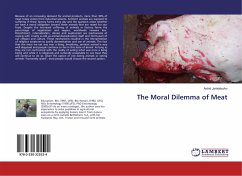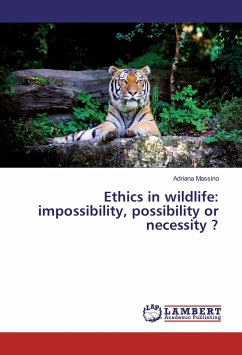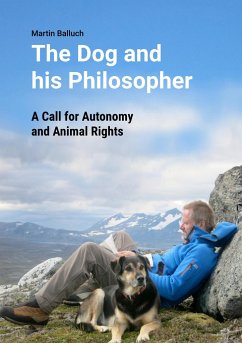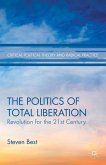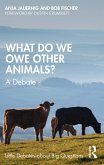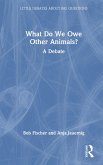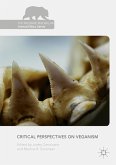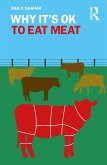Because of an increasing demand for animal products, more than 90% of meat today comes from industrial systems. Sentient animals are exposed to suffering in these factory farms every day and the question arises whether we have a moral obligation toward these animals that are raised for our food. Despite the increased suffering of animals in factory farms the percentage of vegetarians and vegans, worldwide remains low. Detachment, rationalization, denial, and euphemism are mechanisms of coping with cruelty as old as animal domestication itself and forms part of our religion and culture. These mechanisms resulted in the interpretation of religious scriptures to justify domestication and use of animals. The fact that the meat we eat was ever a living, breathing, sentient animal is very well disguised and people continue to live in this state of denial. As long as they are not confronted with the reality of eating what was once a living being and while it is religiously and culturally acceptable to eat meat they will continue to do so. Given the option of not eating animals or eating animals "humanely raised", most people would choose the second option.
Bitte wählen Sie Ihr Anliegen aus.
Rechnungen
Retourenschein anfordern
Bestellstatus
Storno

